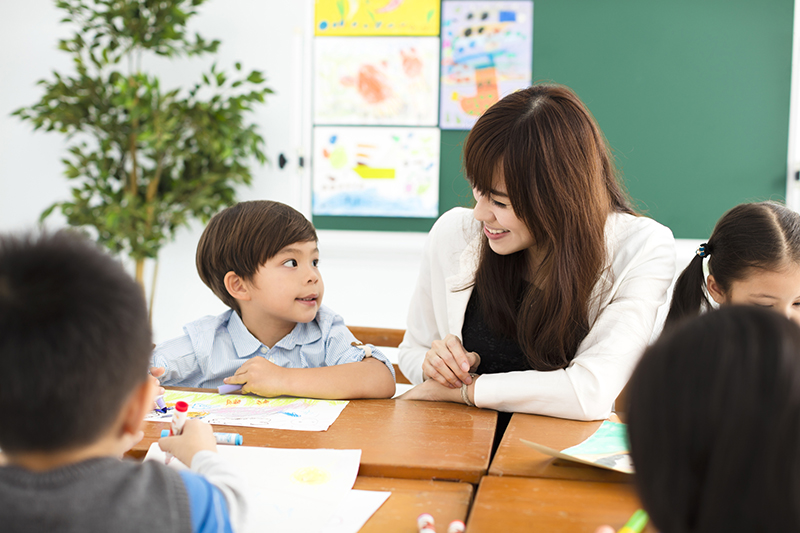Families For Life | Preschool: How it Works and Why It’s Good

Your child develops and learns more in her first five years than at any other stage of life. Pre-school can support and encourage your child’s amazing development – and it can be a lot of fun.
About pre-school
At pre-school (also known as kindergarten) children socialise and learn through play – and they usually have a lot of fun!
Children:
get new knowledge and skills through play and activities with other children – for example, they start learning more about numbers, letters and words
improve their communication skills through interactions with others
learn social skills like listening and respecting the ideas of others, sharing and handling conflicts with peers
make new friends and develop new relationships with adults
develop responsibility, independence, confidence and self-worth through doing things like looking after their own belongings and spending time away from home.
What happens at pre-school?
Pre-school is all about learning through open-ended play and structured play activities that allow children to develop at their own pace. Whether your child is finger painting, building a block castle, or singing with other kids, pre-school helps your child increase her experiences, abilities and knowledge.
Most pre-schools offer both indoor and outdoor activities, as well as opportunities for solo and group play.
Indoor activities often include:
painting and pasting
clay or playdough play
puzzles and games
blocks and construction
books and sensory activities
Outdoor activities often include:
play in the sandpit
exploring a natural landscape
water play
dramatic play
swings and climbing equipment
Group times often include:
stories and poetry
dancing and singing
playing with musical instruments
drama and acting
show and tell
Pre-school doesn’t usually involve teaching children specific academic skills. This starts happening at school.
When can children go to pre-school?
Children can go to pre-school when they’re three years old, or in the year they turn three. You don’t have to send your child to pre-school but it’s great if you can.
Some pre-schools also offer programmes for two to three-year-olds – these are much shorter days than traditional four-year-old programmes. Child care centres also offer pre-school programmes run by qualified early childhood teachers.
What kinds of pre-schools are there?
In Singapore there are several different types of nurseries and kindergartens:
Sessional nurseries and kindergarten: these offer programmes ranging from two hours to four hours a day, five days a week. Programmes are run by an early childhood teacher with the help of an assistant.
Child Care Centres: these programmes run for an entire day and include a lunch programme.
Steiner, Montessori and Reggio Emilia pre-schools: these offer programmes based on individual philosophies of children’s learning abilities. The programme models and hours vary.
Most pre-schools operate in purpose-built facilities and are regulated by either the Ministry of Education (MOE) or the Early Childhood Development Agency (ECDA).
There might be a fee for your child to go to pre-school, because government funding doesn’t cover all the operating costs. Your selected pre-school will be able to tell you the fees you can expect to pay.
© raisingchildren.net.au, translated and adapted with permission
Explore more